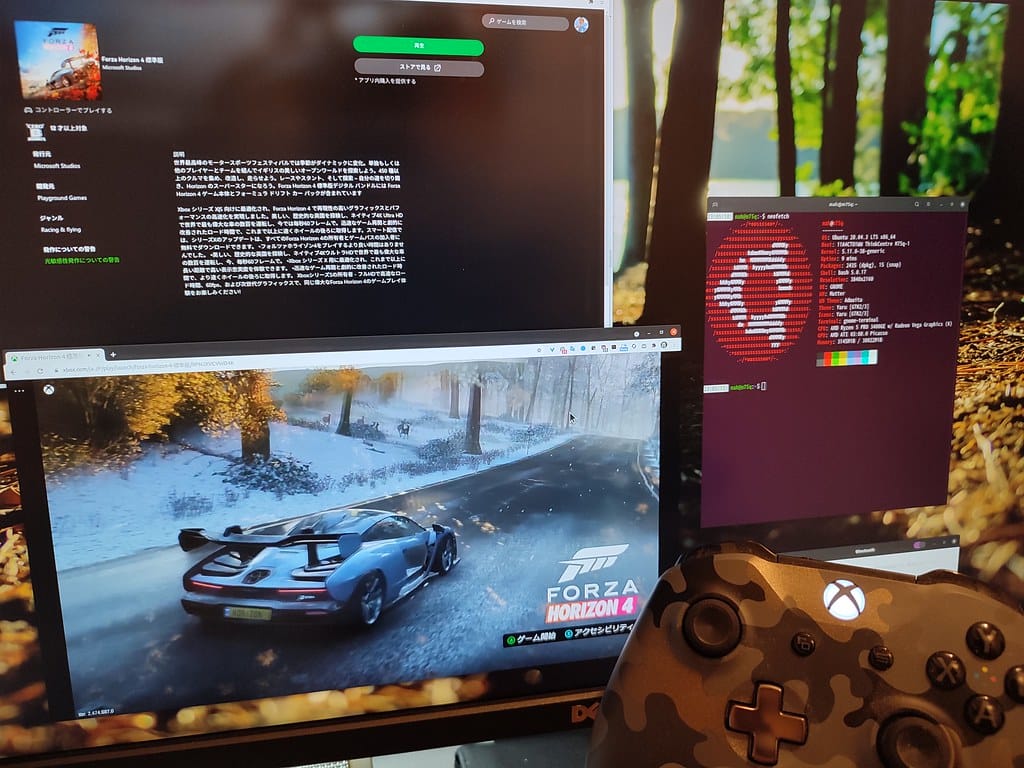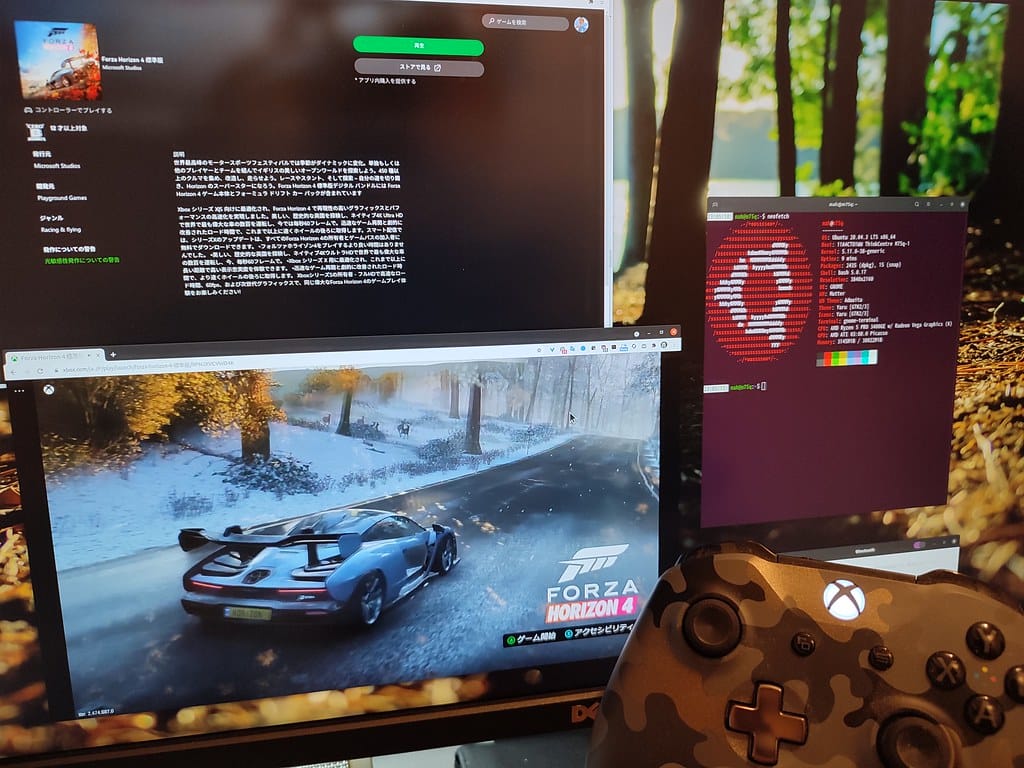Microsoft Democratizes Gaming: Xbox Cloud Gaming Now Available on Cheaper Game Pass Tiers
Microsoft has just made its most significant move yet to democratize gaming access, announcing that Xbox Cloud Gaming will expand beyond the premium Game Pass Ultimate tier to include cheaper subscription options. This strategic shift represents a seismic change in how millions of gamers worldwide can access high-quality gaming experiences without expensive hardware investments.
Breaking Down the Barriers to Premium Gaming
For years, Xbox Cloud Gaming has been locked behind the $16.99 monthly Game Pass Ultimate paywall, limiting access to Microsoft's revolutionary streaming technology. Now, the company is extending cloud gaming capabilities to Game Pass Standard ($14.99/month) and potentially other tiers, marking a pivotal moment in the democratization of gaming.
This expansion means that approximately 25 million Game Pass subscribers who previously couldn't afford the Ultimate tier now have potential access to stream Xbox games directly to their phones, tablets, and low-spec computers. The move eliminates the traditional barrier of requiring expensive gaming hardware to play the latest titles.
The Economics of Accessible Gaming
The financial implications are substantial for both Microsoft and consumers. A family of four gamers could potentially save hundreds of dollars annually by avoiding individual game purchases while gaining access to Microsoft's library of over 400+ games through cloud streaming. For regions where gaming hardware is prohibitively expensive due to import taxes and currency fluctuations, this represents a genuine pathway to premium gaming experiences.
Microsoft's internal data suggests that cloud gaming sessions have increased by 180% year-over-year, with mobile devices accounting for nearly 60% of all streaming sessions. This user behavior validates the company's bet that convenience and accessibility trump hardware ownership for a growing segment of the gaming market.
Technical Infrastructure Meets Consumer Demand
The expansion builds on Microsoft's massive investment in Azure cloud infrastructure, which now spans over 60 regions globally. The company has strategically positioned edge computing nodes to reduce latency and improve streaming quality, making cloud gaming viable even in areas with moderate internet connectivity.
Recent improvements to the xCloud technology include:
- Reduced input lag to under 100 milliseconds in optimal conditions
- Support for 1080p streaming at 60fps
- Enhanced mobile touch controls for over 100 games
- Integration with Xbox Quick Resume across cloud and console gaming
Market Positioning Against Competitors
This move positions Microsoft aggressively against competitors like NVIDIA GeForce NOW, Google's discontinued Stadia, and Amazon's Luna service. While NVIDIA focuses on bringing existing PC libraries to the cloud, Microsoft's approach integrates cloud gaming seamlessly with its Game Pass ecosystem, creating a more cohesive user experience.
Sony's PlayStation Plus Premium offers cloud gaming but at a higher price point ($17.99/month) with a smaller game library. Microsoft's strategy of making cloud gaming more accessible across multiple subscription tiers could capture market share from price-sensitive consumers who want premium gaming experiences.
The Broader Gaming Ecosystem Impact
The expansion reflects broader industry trends toward service-based gaming models. Traditional game sales are increasingly supplemented by subscription revenues, with the global game subscription market projected to reach $6.2 billion by 2025. Microsoft's move accelerates this transition while potentially forcing competitors to reconsider their own pricing strategies.
For game developers, this expansion means potentially millions more players can access their titles without hardware limitations. Indie developers, in particular, benefit from this broader reach, as their games can now find audiences who might never have considered purchasing dedicated gaming hardware.
Looking Forward: The Future of Gaming Access
Microsoft's expansion of Xbox Cloud Gaming to cheaper tiers represents more than a pricing strategy—it's a fundamental reimagining of who gets to participate in modern gaming culture. By removing hardware barriers and reducing subscription costs, the company is positioning itself to capture the next billion gamers, particularly in emerging markets where console penetration remains low.
The success of this initiative will likely depend on continued infrastructure improvements and Microsoft's ability to maintain service quality as user bases expand. However, the strategic direction is clear: gaming is becoming a service accessible to anyone with an internet connection and a screen.
For consumers, this development means premium gaming experiences are no longer gated by hardware ownership or geographic location. The democratization of gaming access represents a significant step toward making interactive entertainment truly universal—a development that benefits the entire gaming ecosystem.

